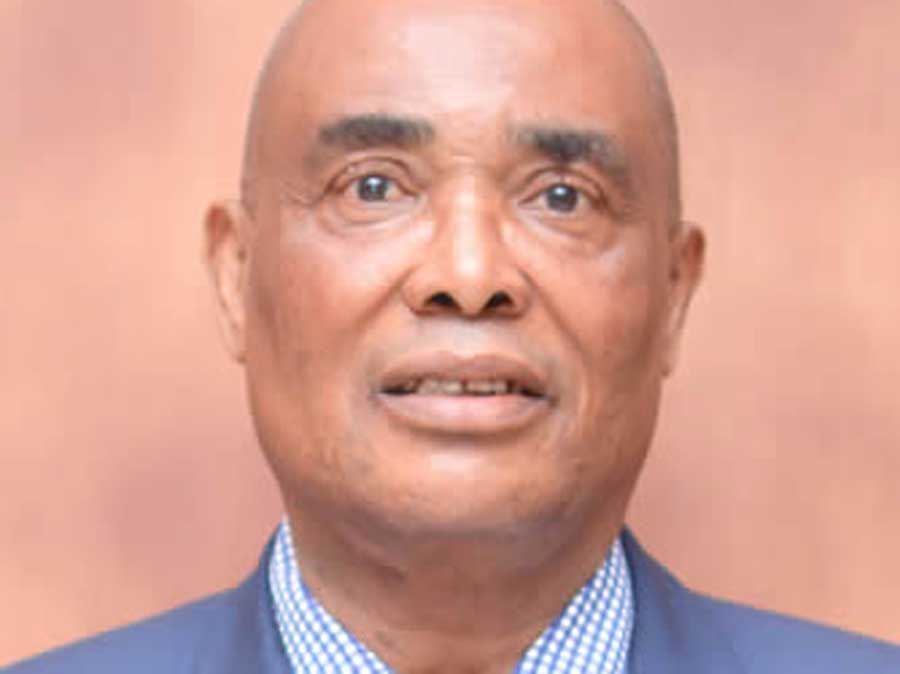Why Maternal Mortality Is High In Nigeria—Experts
Key stakeholders in the health sector have advocated for a comprehensive review of reproductive health curriculum in Nigerian Universities to include prevention and treatment.
Speaking during a Two-day Workshop on Reproductive Health Curriculum Review, a renowned Professor of Obstetrics and Gynecology at the University of Benin, Friday Okonofua, stated that the stakeholders were concerned that the current curriculum focuses majorly on treatment, which he said was responsible for high maternal deaths in country.
Advertisement
He said there was the need to train medical students on how to prevent conditions that would lead to maternal death, hence the call for a comprehensive reproductive health education that focuses on preventive rather than curative practice.
Okonofua who leads the African Centre of Excellence in Reproductive Health at UNIBEN, said the meeting was convened due to the issues related to reproductive health, a sign of reproduction that governs population, process of development, childbirth.
He commended NUC for recently coming up with the new Core Curriculum Minimum Academic Standards (CCMAS), for universities but however stated that the issues of Sexual Reproductive Health Rights (SRHR), were almost neglected.
“So, we want issues on rights, social justice, gender and equity to be included in our curriculum, so that our students will have comprehensive exposure.
Advertisement
“Today Nigeria is known to have one of the highest rates of maternal deaths – women who die during childbirth in the world.
“So, we are worried that most of the components that are currently on our reproductive health, surround the treatment of conditions that lead to death rather than its prevention.
“We believe that before a woman comes to the hospital, pains would have occured. And it is important that our training curriculum – undergraduate and post-graduate – are designed in such a way that students are made aware of the way to prevent these issues from reoccurring,” he said.
Okonofua stated that a lot of the things that lead to death in Nigeria, don’t lead to death in other countries because they know how to prevent them.
“And doctors know how to teach women how to prevent them. But here because doctors are not trained on prevention, they wait until patients become sick before they come and by then, much harm would have occured.
Advertisement
“The major shortcoming is that the current curriculum is not comprehensive enough. It is based mainly on treatment of conditions rather than prevention.
“Secondly, most of the students are not taught the skills of prevention. And there are many examples we can show to indicate that it is as if doctors are waiting for somebody to be sick before they begin to apply treatment. And they can be so sick that doctors may not be able to treat them. So it is always better to prevent them rather than treat them,” he said.
In his presentation, Dr. Ibrahim Abbas disclosed that every six minutes, a Nigerian woman dies needlessly as a result of unsafe illegal abortion.
He noted that while Nigeria continues to lead the sub-region in adopting global and regional initiatives to address sexual and reproductive health (SRH) disease burden, the country still has some of the worst reproductive health (RH) indices in Africa.
“With a total fertility rate 5.3 per cent, Nigeria’s population is projected to hit 400 million in 2050.
“Lowest modern contraceptive prevalence rates in Africa at 17 per cent. Maternal mortality ratio ranges from 576 to 814 deaths for every 100,000 live births. An estimated unintended pregnancy rate was 59 per 100 women aged 15-49 years.
Advertisement
“Unsafe abortions account for roughly 5,000 maternal deaths every year in Nigeria, or on average, 14 maternal deaths each day,” he said.



